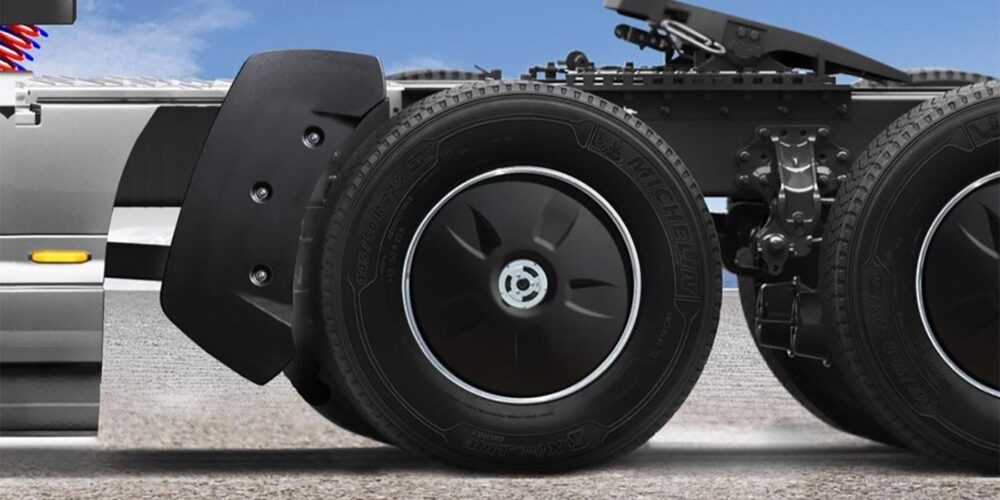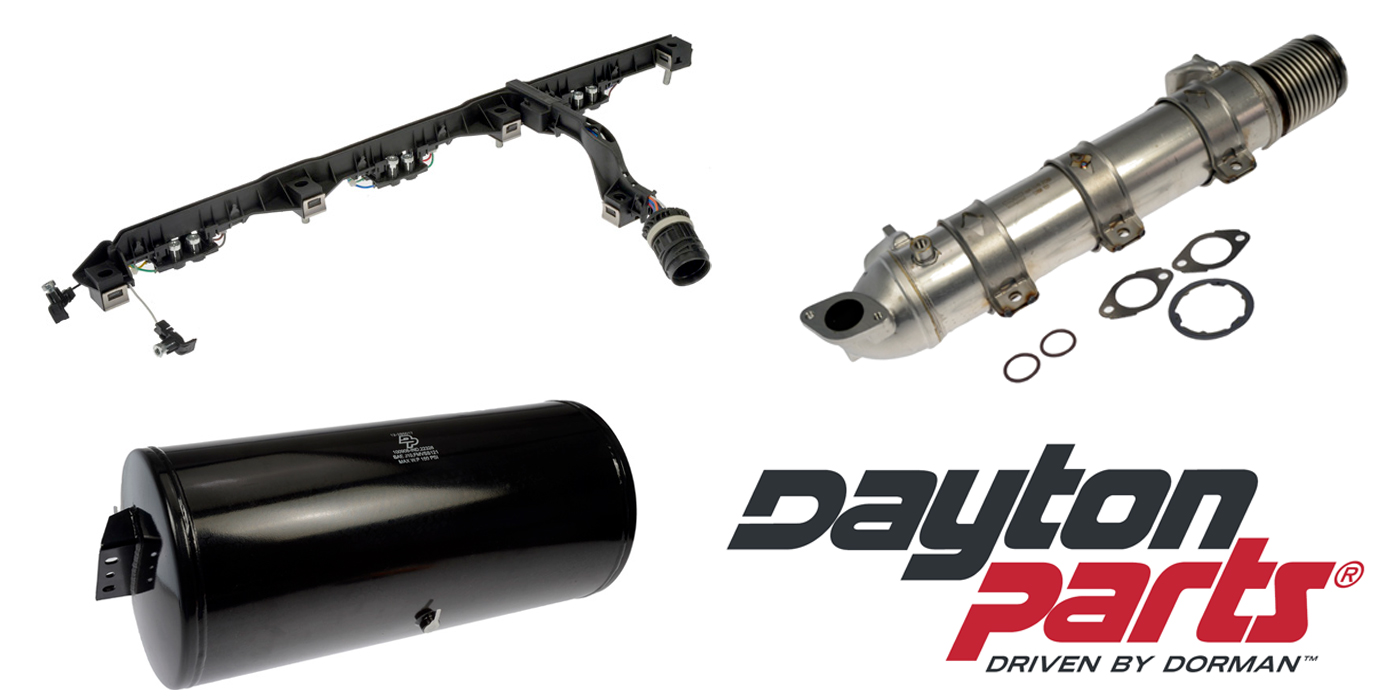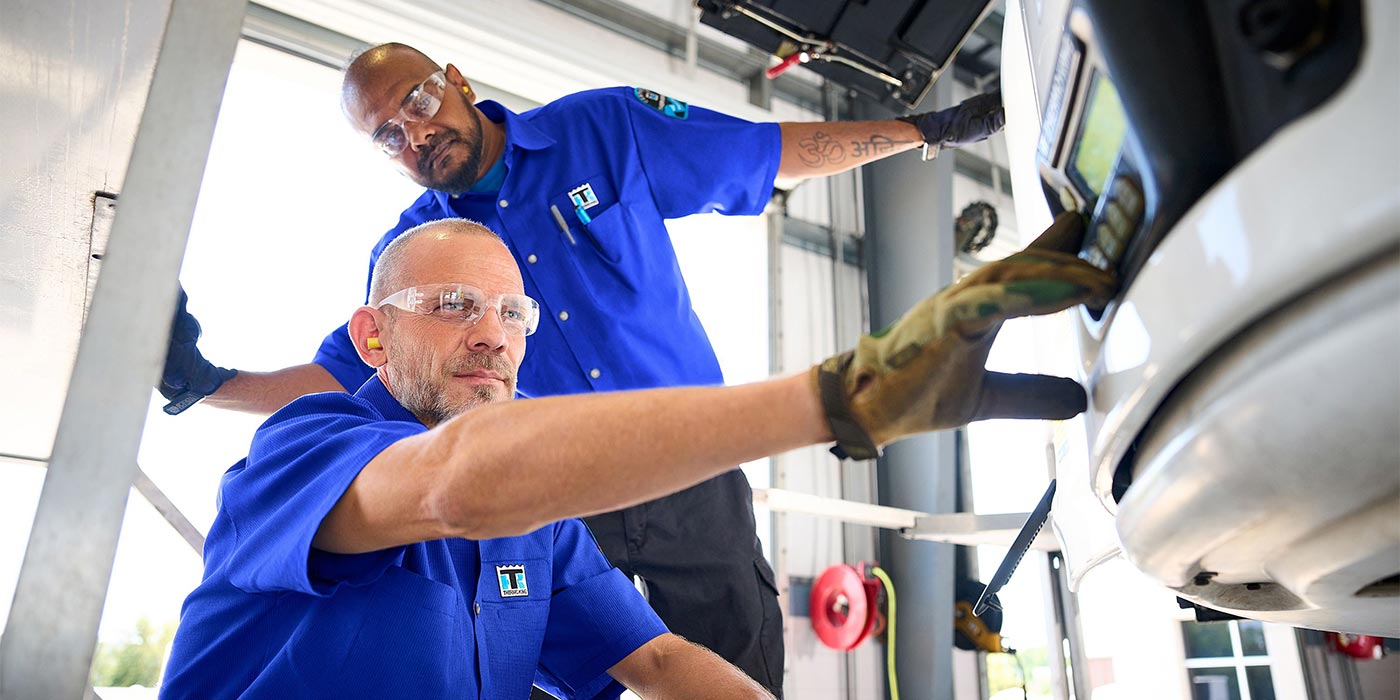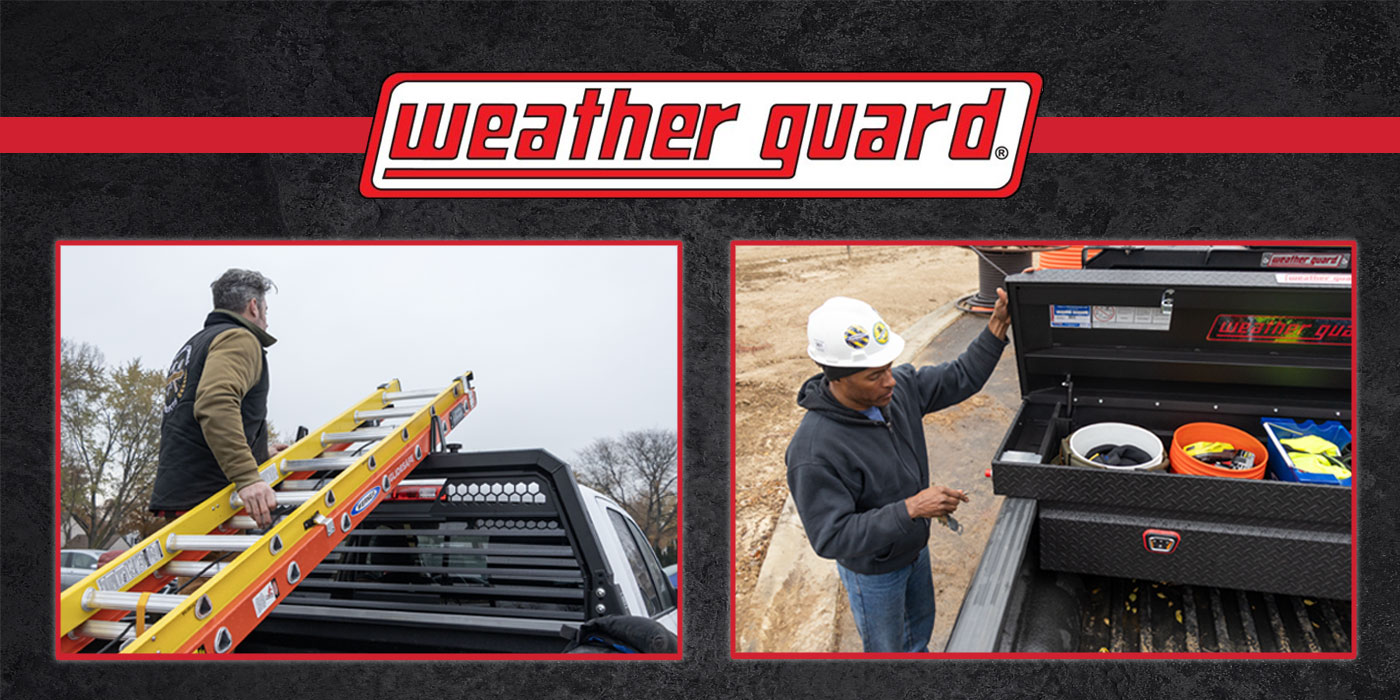To meet stricter fuel economy regulations and reduce greenhouse gas emissions, OEMs have made significant changes to their engine designs and operating conditions. This has led to the need for lubricants that provide greater fuel efficiency and engine hardware protection from higher operating temperatures and higher loading. In response to the OEMs seeking the highest lubricant performance, the industry has introduced two new lubricant categories: API CK-4 and FA-4.
The lubricant of the future
The first upgrade to heavy-duty diesel lubricants in over a decade, API CK-4 and API FA-4 provide fleet owners and owner-operators a solution to the challenges brought by new engine hardware, enabling and delivering fuel efficiency benefits.
Similar in capabilities, CK-4 and FA-4 are formulated to solve the challenges many heavy-duty diesel lubricants experience. CK-4 is designed to enable new engine design and operation and is also fully backward compatible in models specifying previous API performance levels. Like CK-4, FA-4 enables the same changes of new engine design and operation, but allows for further fuel economy gains due to lower, high-temperature, high-shear (HTHS) viscosity. Today, FA-4 is primarily only specified in new engines with limited backward compatibility, but we expect more engine manufacturers to adopt these fuel-efficient lubricants in the future.
Why engine oil viscosity matters
With the introduction of API FA-4, there is an expected shift from the highly recognized and regularly selected SAE 15W-40 to SAE 5W-30 and SAE 10W-30s, as these lower viscosity grades are offering the same durability, but with greater fuel economy than the decades-old solutions.
Viscosity grades are defined by four separate tests, with each test indicating a critical functionality for proper performance. Of the four tests, the one that receives the most recognition is the HTHS, as it measures the fluid’s resistance to flow under elevated temperatures and high-speed shearing, which most closely mimics the operations of new heavy-duty diesel engines.
The facts about HTHS
HTHS viscosity is the measurement of a fluid’s resistance to flow under elevated temperatures and high-speed shearing or sliding forces. Because today’s multi-grade engine oils, such as SAE 15W-40s or SAE 10W-30s, contain viscosity modifiers, they are referred to as “non-Newtonian.” This means that they behave differently under the conditions of HTHS.
In this high-temperature-high-shear environment, the multi-grade fluid temporarily reduces in viscosity. This temporary viscosity is different from permanent mechanical shearing or degradation and is reported as an HTHS number.
Fluids greater than 3.5cP would qualify as CK-4, while fluids measuring at 2.9-3.2cP would qualify as FA-4. When tested, FA-4 is held to the same rigorous durability standards as CK-4. The HTHS number is used to best indicate lubricant viscosity between moving parts, which have tight tolerances in today’s heavy-duty diesel engines.
Lowering the lubricant’s HTHS number reduces the drag between these moving parts, allowing for better fuel economy and reduction of greenhouse gas emissions. With these benefits comes the common misconception that engine durability can be compromised. It is true that reduced viscosity can potentially present durability challenges, making lubricant formulators a key contributor to presenting innovative approaches and modern additive chemistries.
The discussion of how we formulate to maintain the balance of fuel efficiency and durability will be featured in future articles. For more information on API CK-4 and FA-4 lubricants, visit LZA360.com.














